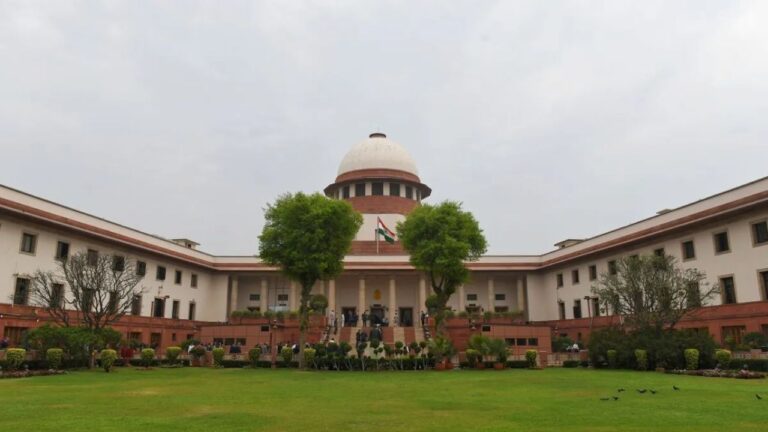
The national capital is facing an escalating water crisis, driven by rapid urbanisation, a growing population, and climate change. With water demand surging and resources dwindling, millions of residents are struggling to secure access to clean water for their daily needs.
One of the major contributors to this crisis is Delhi’s heavy reliance on limited water sources. The Yamuna River, once a lifeline for the city, has become heavily polluted, making it an unreliable source for potable water. Simultaneously, groundwater levels are depleting at an alarming rate, with several areas experiencing a sharp decline each year due to over-extraction.
The city’s expanding population has only intensified the demand for water, adding pressure on an already overburdened supply system. Compounding the issue is Delhi’s ageing and inefficient water infrastructure, where significant amounts of water are lost due to leaks and mismanagement. Industrialisation and agricultural activities in neighbouring states further exacerbate the problem by consuming vast quantities of water, reducing the availability of shared resources.
Experts warn that unless immediate action is taken, the situation could worsen, impacting millions of residents. Addressing the crisis requires a multi-faceted approach, including upgrading water infrastructure, implementing better water management practices, curbing pollution in the Yamuna, and promoting water conservation efforts.
While authorities have initiated some measures, such as rainwater harvesting projects and stricter regulations on groundwater extraction, sustained efforts are necessary to secure Delhi’s water future. Public awareness campaigns and community-driven conservation initiatives can also play a crucial role in mitigating the crisis.
As Delhi continues to battle this pressing issue, ensuring sustainable water management will be crucial in safeguarding the city’s future and meeting the needs of its growing population.






